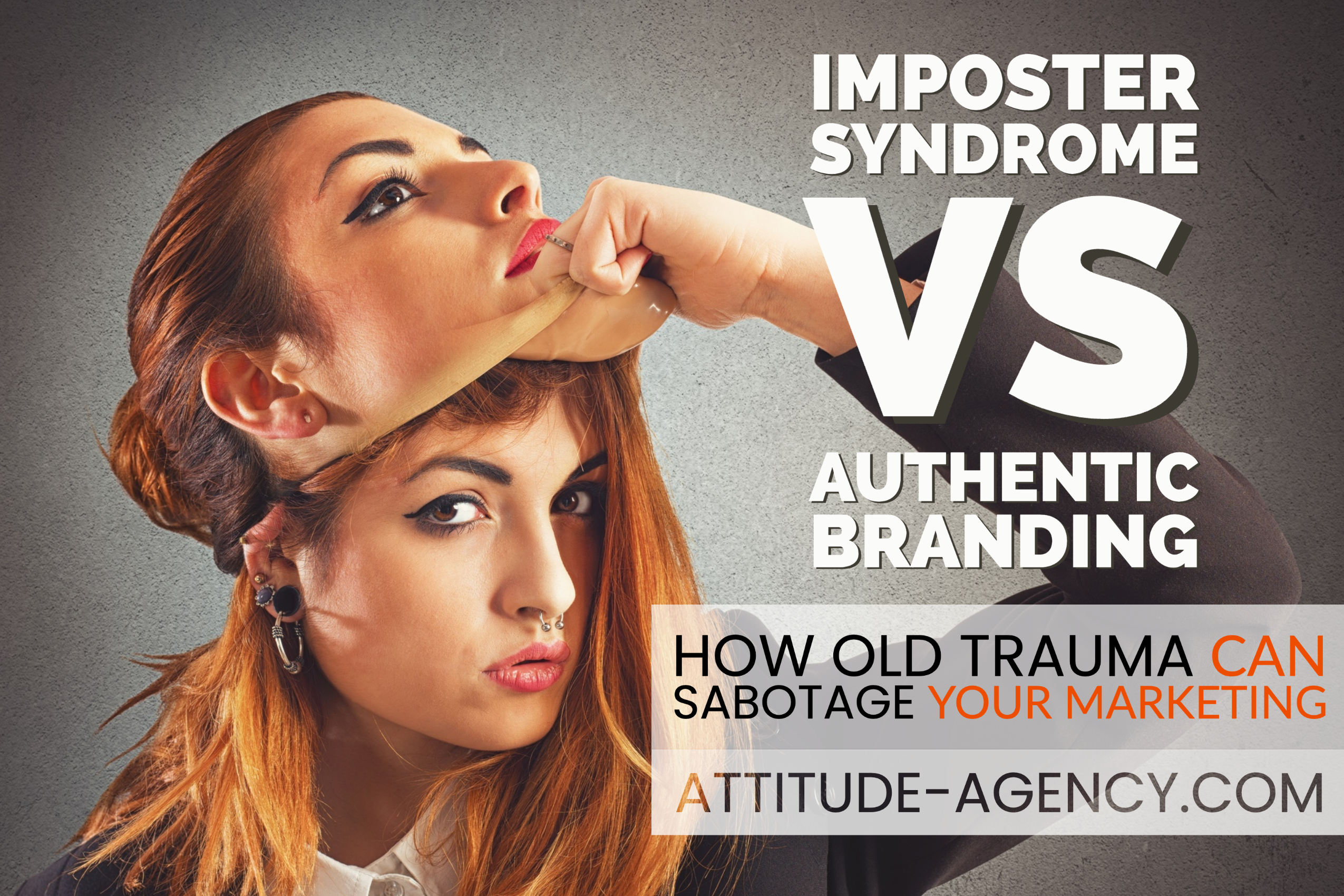Imposter Syndrome vs Authentic Branding

Imposter syndrome can interfere with authentic branding by causing individuals to doubt their abilities and downplay their achievements.
Impostor syndrome is often indicated combination of several factors including:
- Perfectionism: Setting high standards for oneself and feeling pressure to meet those standards.
- Comparison to others: Comparing oneself to others who seem more successful or knowledgeable, leading to feelings of inadequacy.
- Lack of external validation: Not receiving validation or recognition for accomplishments and attributing success to luck or external factors.
- Unrealistic expectations: Believing that one should be perfect or have all the answers, leading to feelings of fraudulence.
- Negative self-talk: Engaging in negative self-talk and criticizing oneself, contributing to low self-esteem and feelings of inadequacy.
It's important to note that impostor syndrome is a common experience and does not reflect one's actual abilities or accomplishments.
While perfectionism can seem like a benefit when launching a business, imposter syndrome can lead to a lack of confidence in promoting your brand and sharing your unique qualities and skills with others. As a result, the you may come across as inauthentic, which can negatively impact their brand image and hinder your success in the long run.
To combat imposter syndrome and build a strong, authentic brand, it's important to recognize and challenge self-doubt, focus on one's strengths and accomplishments, and be confident in promoting one's unique value proposition.
And if you struggle with overcoming your imposter syndrome, reach out for coaching support. In the end, the most amazing brand will not resonate as well with clients if it doesn't resonate with you first.
